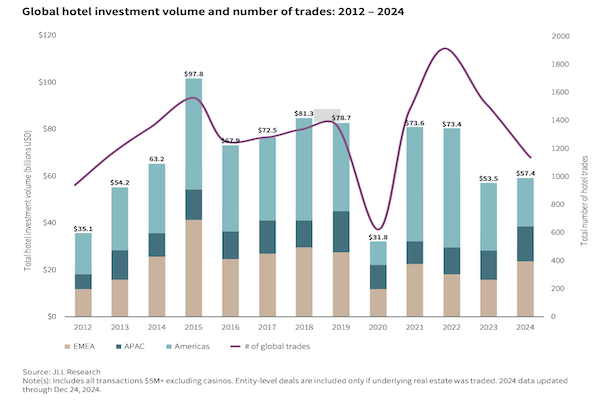Stock prices surged 112% this year thanks to a 48% increase in sales and 83% increase in net profit U.S. government and private demand. Some on Wall Street said, “Valuation concerns are 277 times higher than PER. 1 trillion dollars in market capitalization in 2 to 3 years.”
Palantir, an artificial intelligence (AI) software company, posted quarterly sales exceeding $1 billion for the first time. While stock prices have also hit record highs, Wall Street is seeing mixed forecasts on corporate value.
Palantir announced on the 4th (local time) that it recorded sales of 1.04 billion dollars (about 1.3941 trillion won) in the second quarter. This is a 48.0% increase year-on-year, the largest quarterly performance of the company.
Net profit was $405 million, up 82.7% over the same period. The EPS was $0.16, which beat market estimates by $0.14.
The strong performance is attributed to the growth of sales in the U.S. government and the private sector. Sales in the U.S. rose 68% from a year ago to $733 million.
In particular, U.S. government sales rose 53% year-on-year to $426 million thanks to President Donald Trump’s government efficiency policy. U.S. private sector sales also rose 93% to $306 million during the same period.
Palantir closed at $160.66, up 4.14% from the previous trading day, setting a new all-time high. After the earnings announcement was made, it rose more than 5% in after-hours trading.
The company raised its full-year revenue forecast for the year to $4.142 billion to $4.15 billion from $3.89 billion to $3.9 billion.
“Withstanding years of investment and external ridicule, our business growth has accelerated dramatically,” Palantir CEO Alex Karp said in a shareholder letter. “Sceptics have now lost their power and surrendered to us.”
This year, Palantir has soared 112.43% with a market capitalization of $379.1 billion. It ranks 20th among U.S. companies and 13th among global technology companies.
But on Wall Street, there are mixed views on valuations. Palantir’s 12-month forward price-to-earnings ratio (PER) is about 277 times.
Except for Tesla (about 160 times) among the top 20 U.S. companies in market capitalization, it is the only company with triple digits.
Dan Ives Wedbush, an analyst with a strong technology stock, predicted that Palantir’s market capitalization could reach $1 trillion in the next two to three years. “This quarter’s performance is transformative,” Ives said, “If you add to last week’s hyperscalers’ performance, you can see that the next phase of growth in the AI revolution has just begun.”
“Palantir is on par with Nvidia and Microsoft,” he said. Regarding valuation concerns, he said, “If I had only looked at the valuation and made a judgment, I would have missed all transformative tech stocks now,” and stressed, “Palantir falls into that category.”
On the other hand, caution is also being raised. Palantir’s growth potential is great, but some point out that its stock price is too high. Goldman Sachs, UBS, Mizuho Offer ‘Negative’ Opinion To Palantir.
Mizuho said, “Government sector sales will be solid despite geopolitical uncertainties, and we could grow at least 40% per year in the short term,” but added, “We are concerned that Palantir’s valuation is significantly higher among the software industry and could be adjusted in the next few quarters.”
UBS pointed out that “the fundamentals are very impressive, but valuation is the biggest stumbling block.”
Citi, which presented a “neutral and high-risk” opinion to Palantir, said, “The expansion of AI introduction can be a positive catalyst for sales growth,” but added, “There may be limited room for further increases due to valuation concerns and the possibility of slowing performance upward.”
























